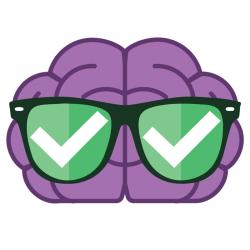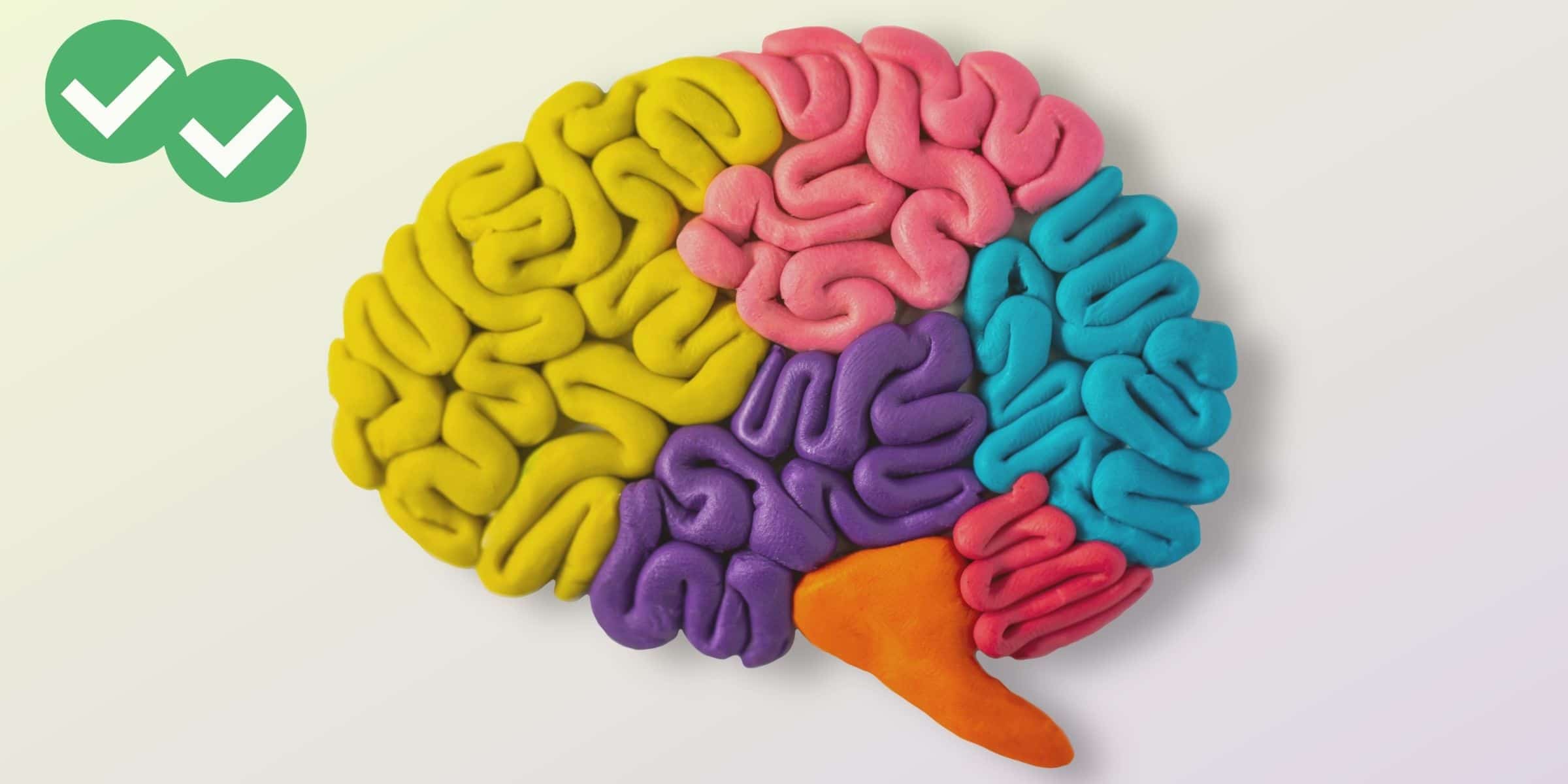Preparing to take an English exam like the TOEFL requires both time and patience. While there is no dedicated section for vocabulary, you will be expected to have a vast knowledge of English that ranges far beyond the high frequency terms you need for everyday communication.
Unfortunately, there is no set list of words to study or exact figure for how many you will need to know. That’s why the best approach is a balanced one. Have a look through these study strategies, remember to review your academic vocabulary and read, read, read at every chance you get!
The many ways to know a word
What is it that you learn when you first meet a new word in English? It might be the word’s meaning, how it is spelled, its part of speech in a given sentence or simply its pronunciation. Typically we learn to recognize form and meaning first. This is receptive knowledge and even in our first language, we recognize far more vocabulary words than we can actually produce.
To gain productive knowledge of a word, we have to be able to spell and say it, as well as use it correctly in a sentence. Words often have multiple meanings, so the deeper your knowledge of a word extends, the more nuanced meanings you will be able to recognize and use in your own speech and writing. For this reason, when you are learning a language for academic use, the trick is to increase both the breadth and depth of your vocabulary. This means meeting more words and getting to know them better.
TIP: Remember, it’s not just about how many words you know, but how well you know them!
Context and connections
Students who learn vocabulary in list form are at a distinct disadvantage when it comes to learning and retaining the new words. That’s because there’s only so much information a list can teach you compared to the wealth of details communicated when you meet a word in a sentence or hear it used in real life.
If you meet a word in context, you might not even be consciously aware of all of the hints and clues your brain has picked up on. However, you are dramatically increasing the depth of your vocabulary knowledge. Context is everything and informs you as to a word’s part of speech as well as its meaning. You will also be exposed to common co-locates, or words that tend to show up alongside a given term, and you may pick up on anything from antonyms to chunks and set phrases in which the word frequently appears.
The trick to learning vocabulary from context is to be sure you recognize the majority of the vocabulary words around your new term (about 90%), as this will help you take a decent guess at its meaning. If you guess at a word’s meaning before being told the definition, you are far more likely to remember it, according to applied linguistics studies in vocabulary acquisition.
TIP: Language is all about connections and learning vocabulary in context helps you make more of them!
Read, read, read
What’s the best way for students to meet the most new words in context in the least amount of time? Read. Reading is the fastest way to increase vocabulary both in your first and second language as it exposes you to a plethora of words and provides you with the context you need to extract detailed meaning and information about form and use.
But reading doesn’t have to mean forcing your way through a stack of 18th century English novels. There are so many great ways to exercise your brain and learn vocabulary while you learn about subjects you actually care about. You could read the newspaper, blogs or English websites. Even social media networks like Twitter can provide you with ample text and vocab to help your cause.
Keep in mind that if you are reading about something you actually care about, you’re likely to be more engaged in the act and to not only learn new words but retain them for longer amounts of time.
TIP: Did you know that most of the words we learn when we read are acquired subconsciously? We pick up on them without even realizing it through repeat exposure and contextual guessing vs. rote learning and memorization.
Use a dictionary and flashcards to study smart
While reading is the fastest way to expand vocabulary and prepare for the TOEFL, this doesn’t mean you should rely on your brain to magically log and retain every new word to which it has been exposed. You can help the process along by reading with a dictionary and confirming your guesses about new vocabulary by looking words up and turning them into flashcards for later review.
TIP: Be careful not to look up every word as that can make reading tedious and cognitively overloading.
Free tools that can help
Making sure you meet plenty of new words in context, learn what they mean and how they are often used and keep reviewing them is a lot to ask, particularly if you are only studying English part-time. That’s why you should take advantage of some of the free tools out there to help you manage the task and maintain your new vocabulary in the most efficient and effective manner.
Lingua.ly has a free platform for language students that allows you to look up new words using a Chrome browser extension. You can be on the web and surfing a generic site, in your Gmail or even on Twitter and Facebook. When you double click on a term, you are given data about its function in the sentence, in addition to an audio clip and various definitions to choose from. For every word students look up, Lingua.ly creates a flashcard which saves an image, definition and audio, along with an example sentence.
Other great flashcard programs which use SRS technology include Anki and Memrise. The benefit with Memrise, is you can take a course someone else has specifically designed for TOEFL practice and use their memes which are combinations of visual and first language sound-linked clues, to help you remember any words you are really struggling with. Anki is a great way to keep all of your vocabulary words in rotation, just remember to keep it updated with the new terms you are learning in other programs.
When it comes to finding great content to read, apps like Lingua.ly use your working vocabulary to locate newspaper articles from the current English papers on subjects as far ranging as food, science, philosophy and politics. Scan a news feed and read a few articles a day to keep building your vocabulary. Whenever you meet an unknown word in an article, just tap to see a definition and create a flashcard.
TIP: Lingua.ly and Memrise are free so give them a try today as you have nothing to lose and thousands of English words to gain!
***
About the author: This post was written by Meredith Cicerchia, an applied linguist and polyglot. As well as serving as the Director of E-Learning at Lingua.ly, she also writes the Lingua.ly Blog which is full of language learning tips and strategies for English learners. Meredith holds an M.Sc in Applied Linguistics and Second Language Acquisition from the University of Oxford and a B.A. in French language and literature from Georgetown University.





